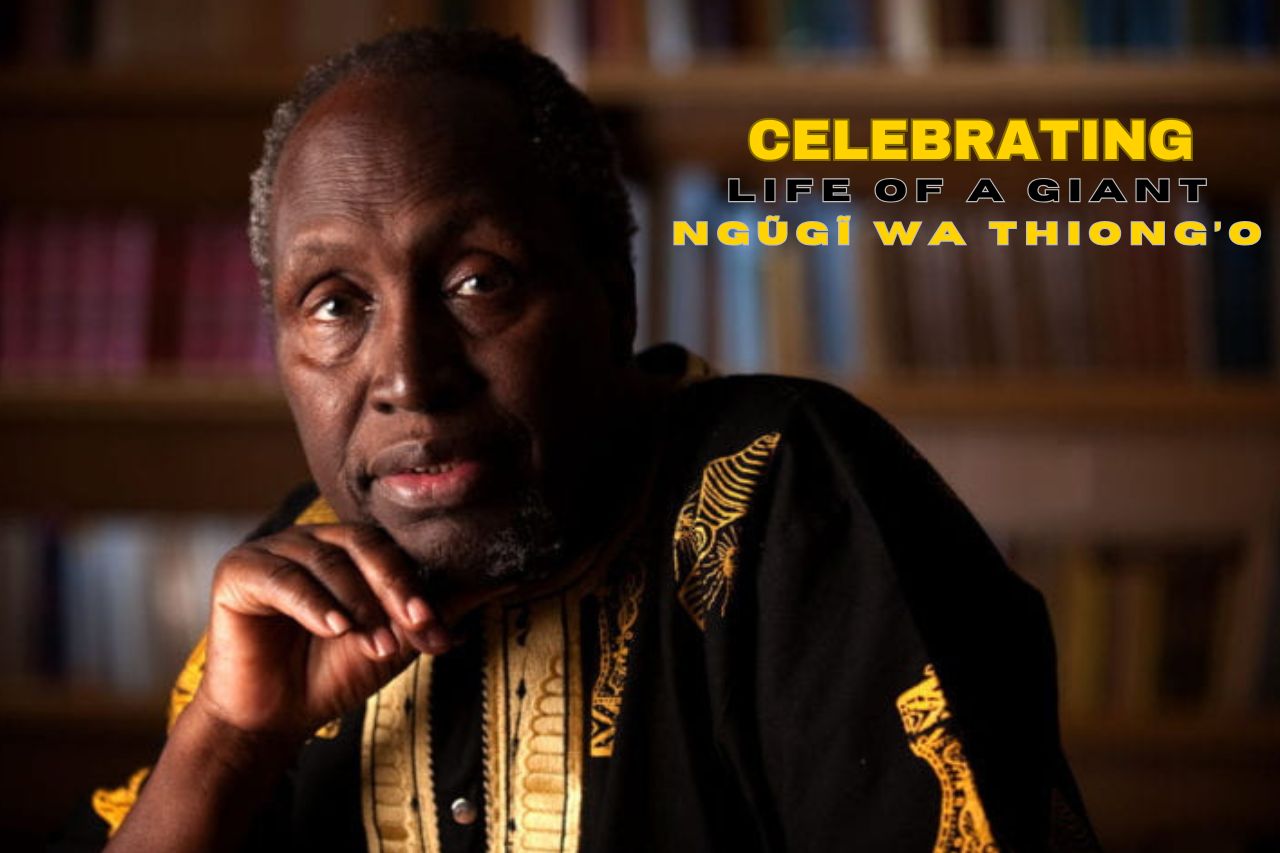Fun Fact: Did you know that The 48 Laws of Power by Robert Greene is one of the most quoted books in Hollywood? It’s not just a manual for political masterminds and business moguls, but also a favorite of stars like Jay-Z, Kanye West, and even former U.S. President Bill Clinton. So, why has a book about manipulation, strategy, and power gained such a cult following, while also being banned in some countries around the world? Is The 48 Laws of Power a bad book, or does it merely reveal harsh truths about human nature?
In this blog, we’ll take a close look at The 48 Laws of Power, summarizing its core teachings, examining the reasons for its controversy, and uncovering why it’s been both celebrated and criticized. So, is The 48 Laws of Power by Robert Greene a bad book? Let’s explore.

What Is The 48 Laws of Power About?
The 48 Laws of Power is a guide to gaining and maintaining power in various environments, such as politics, business, and personal relationships. The book distills lessons from history, philosophy, and psychology to give readers a blueprint for mastering social dynamics.
The concept of power in the book is not about brute force or military conquest; it’s about understanding the invisible forces that shape human behavior. Greene’s approach is unapologetically pragmatic—he doesn’t sugarcoat the manipulations, deceptions, and strategies that can be employed to secure one’s place in society or a professional hierarchy. Each of the 48 laws is presented as a piece of timeless wisdom, drawn from the lives of historical figures like Napoleon, Machiavelli, and Sun Tzu.
On Goodreads, the book is often described as a “manual for seduction, manipulation, and control.” It’s not a guide to being a nice person or a morally upright leader. Instead, it offers a cold, calculated look at the art of gaining and maintaining power in environments where trust is limited, and competition is high. Some key laws from the book include:
- Law 1: Never Outshine the Master – Always make those above you feel superior and never draw attention to your own abilities.
- Law 3: Conceal Your Intentions – Keep your plans secret, as revealing them can weaken your position.
- Law 15: Crush Your Enemy Totally – Leave no room for rivals to regroup and plot revenge.
These are just a few examples of how The 48 Laws of Power emphasizes manipulation, strategy, and a sometimes ruthless approach to achieving success.
The Key Values Taught in The 48 Laws of Power
Despite its controversial nature, The 48 Laws of Power offers several valuable insights into how power operates in human relationships. Some key takeaways include:
- Mastering Control: One of the book’s primary lessons is the ability to control your environment, whether it’s in business, politics, or personal relationships. Understanding how power works allows you to influence outcomes and stay ahead of the competition.
- Self-Restraint: Greene teaches that sometimes silence and inaction are more powerful than reacting impulsively. Learning to hold back, especially in tense moments, can be a way to assert dominance.
- The Importance of Perception: The book frequently discusses how perception is often more important than reality. By shaping how others see you, you can wield power over them without ever directly confronting them.
- Strategy and Timing: Greene emphasizes that success often comes down to timing and strategic maneuvering. Knowing when to act—and when to wait—is critical in maintaining control.
These values, while practical in some situations, can seem Machiavellian and morally ambiguous when applied to everyday life.
Why The 48 Laws of Power Is Banned in Some Countries
The book has been banned or restricted in a few countries due to its controversial or even its manipulative nature. Governments and institutions that value moral integrity and democratic principles are particularly wary of the book. Here are a few reasons why:
- Promotion of Deception: The book teaches that manipulation, deceit, and even lying are acceptable tools in the pursuit of power. In countries with authoritarian regimes, where honesty and loyalty are often valued as virtues, such teachings are seen as subversive and dangerous.
- Encouragement of Machiavellianism: The book has been accused of promoting Machiavellian values—those that prioritize power above all else. Many governments and religious institutions view such values as corrupting to societal morals.
- Cultural Sensitivities: In some cultures, the emphasis on personal gain at the expense of others is seen as unethical. These countries may perceive the book as encouraging selfishness and undermining community-oriented values.
Some readers may view The 48 Laws of Power as a “survival guide” in cutthroat environments. Others may see it as a dangerous manual for creating toxic power dynamics.
The Negative Values People Learn from The 48 Laws of Power
While many readers find the book’s teachings empowering, others argue that the values it promotes are toxic and detrimental in the long run. Here are some of the negative lessons people might take away from reading The 48 Laws of Power:
- Manipulation as a Way of Life: The book teaches readers that manipulating others is often the most effective way to get ahead. While manipulation may yield short-term success, it can ultimately damage relationships and destroy trust.
- Ruthlessness Over Empathy: Many of the laws encourage ruthless behavior, such as crushing rivals completely or betraying allies to maintain power. This lack of empathy can lead to isolation and a lack of meaningful, authentic connections.
- Selfishness at the Expense of Others: The idea that power is the ultimate goal can lead people to disregard the well-being of others. The book offers little ethical consideration, and its lack of moral guidance can lead readers to view others as mere tools for their own advancement.
- Cynicism About Human Nature: One of the most critical criticisms of The 48 Laws of Power is that it teaches readers to view people as inherently selfish and untrustworthy. This view can lead to paranoia and an inability to form genuine relationships.
Why Robert Greene Partnered with 50 Cent to Write The 50th Law
In The 50th Law, Robert Greene teamed up with rapper and businessman 50 Cent (Curtis Jackson) to co-author a book that explores overcoming fear and embracing change. The book is partially inspired by 50 Cent’s own rise to success and his life experiences. These include surviving a near-fatal shooting, navigating the music industry and building a business empire.
The partnership was a natural one: 50 Cent is a living example of many of the principles Greene outlines in The 48 Laws of Power, particularly the importance of resilience, survival, and power in a competitive world. However, The 50th Law contrasts The 48 Laws of Power by emphasizing fearlessness, authenticity, and the importance of self-expression, rather than manipulation and deceit. The 48 Laws of Power promotes control, while The 50th Law emphasizes overcoming fear and embracing authenticity for success.
This shift from power to self-empowerment helped broaden Greene’s philosophy, attracting a new audience of readers interested in self-help and personal growth.
Some of the Most Infamous Quotes from The 48 Laws of Power
The 48 Laws of Power is full of memorable and often controversial quotes. Here are some of the most infamous:
- “Never Outshine the Master.”
- “Keep your friends for friends, and your enemies for enemies.”
- “If you can’t be loved, be feared.”
- “Crush your enemy totally.”
- “The moment you make your move, you become vulnerable.”
These quotes reflect Greene’s cold, calculated philosophy of control, domination and maintaining power in any situation.
Where to Buy The 48 Laws of Power in Kenya
For those in Kenya looking to explore The 48 Laws of Power, the book is widely available on several platforms:
- Jumia Kenya – You can purchase the book directly from Jumia, Kenya’s largest e-commerce platform, offering both physical and Kindle versions.
- Attic Books Nairobi – This popular bookstore in Nairobi offers a variety of books, including this book. You can also check their website or visit their physical store.
- CAMPUS Books – This online platform offers access to both new and second-hand copies of this book.
- Local Bookstores – Many bookstores across Kenya, especially in urban areas, stock The 48 Laws of Power. It’s always worth calling ahead to check availability.
Conclusion: Is The 48 Laws of Power a Bad Book?
The 48 Laws of Power is undeniably a powerful, thought-provoking book that provides a fascinating look at how power works in human relationships. However, whether it’s a “bad” book is ultimately up to the reader’s perspective. The strategies for success in competitive environments can also lead to ethical dilemmas, moral compromises, and toxic behavior. Question is: can the principles from this book enhance your life or foster manipulation and distrust?





